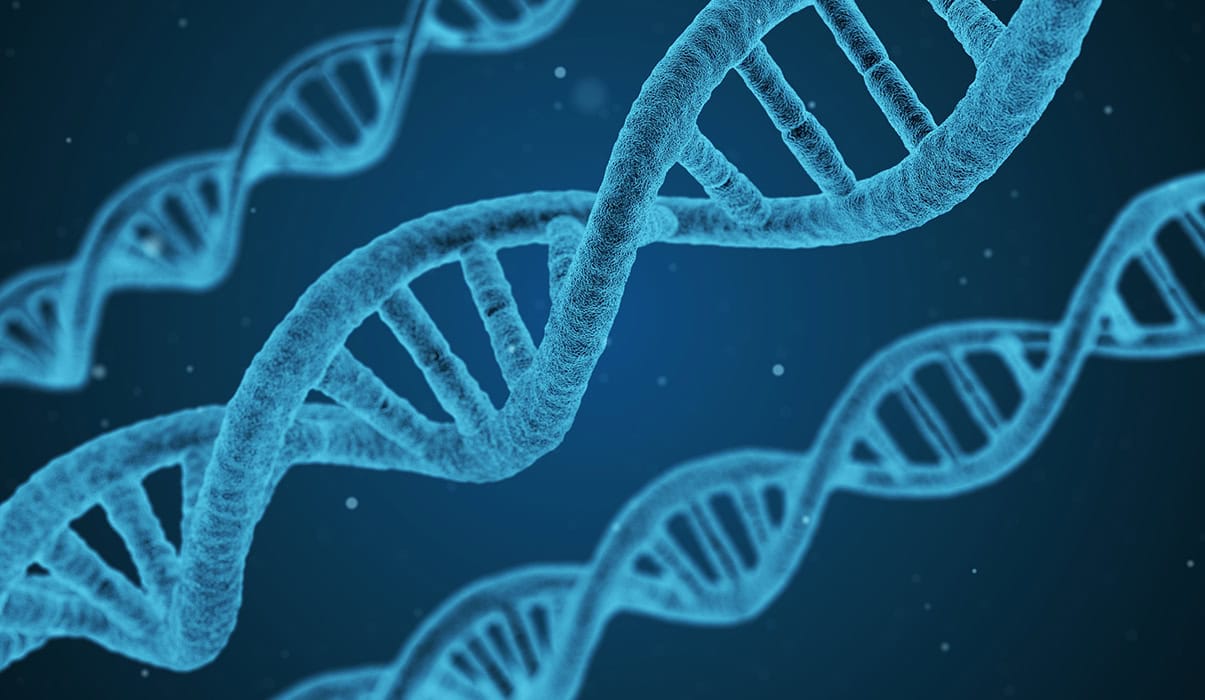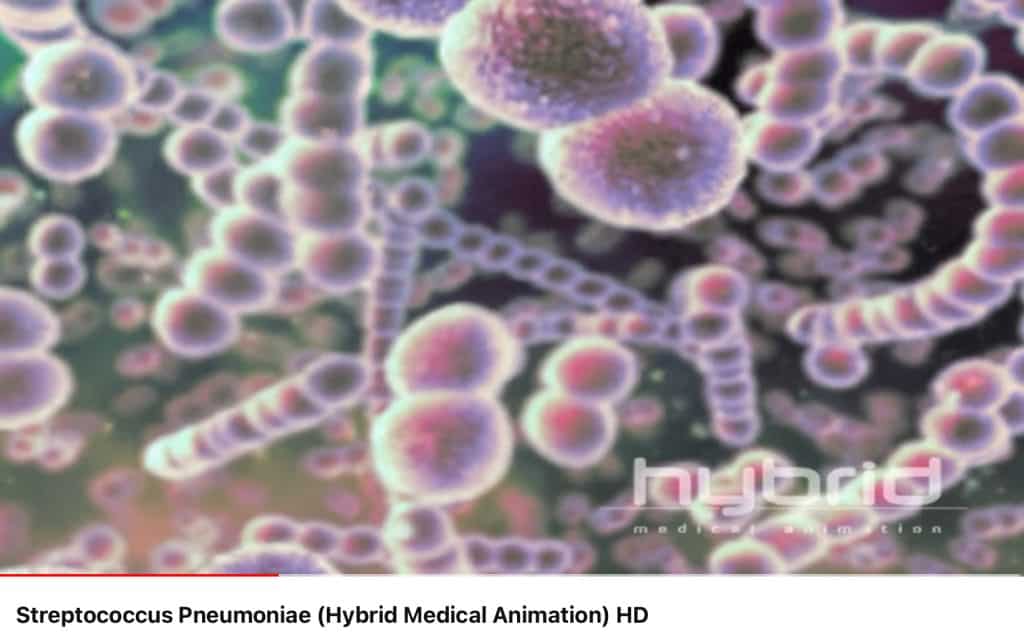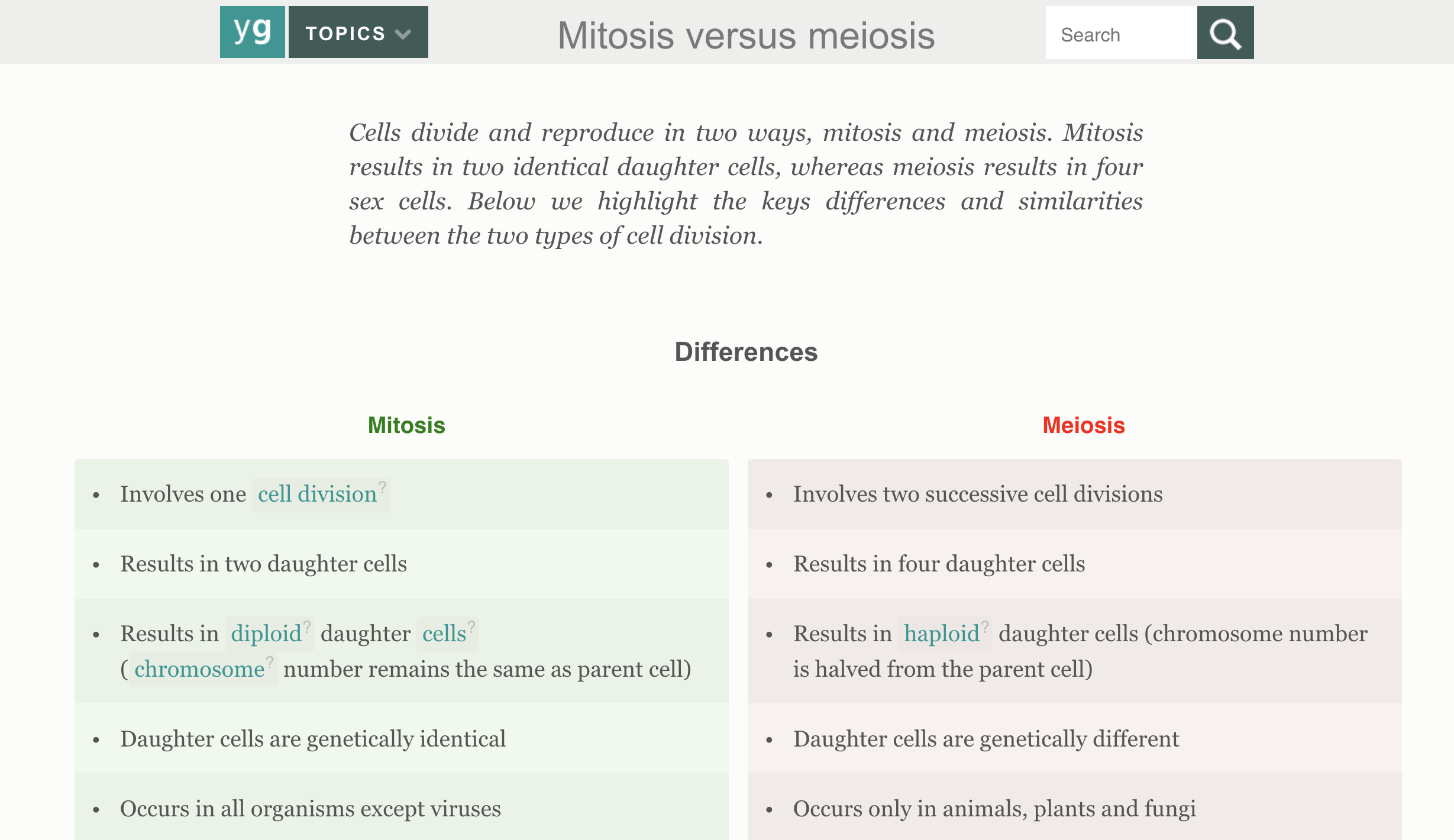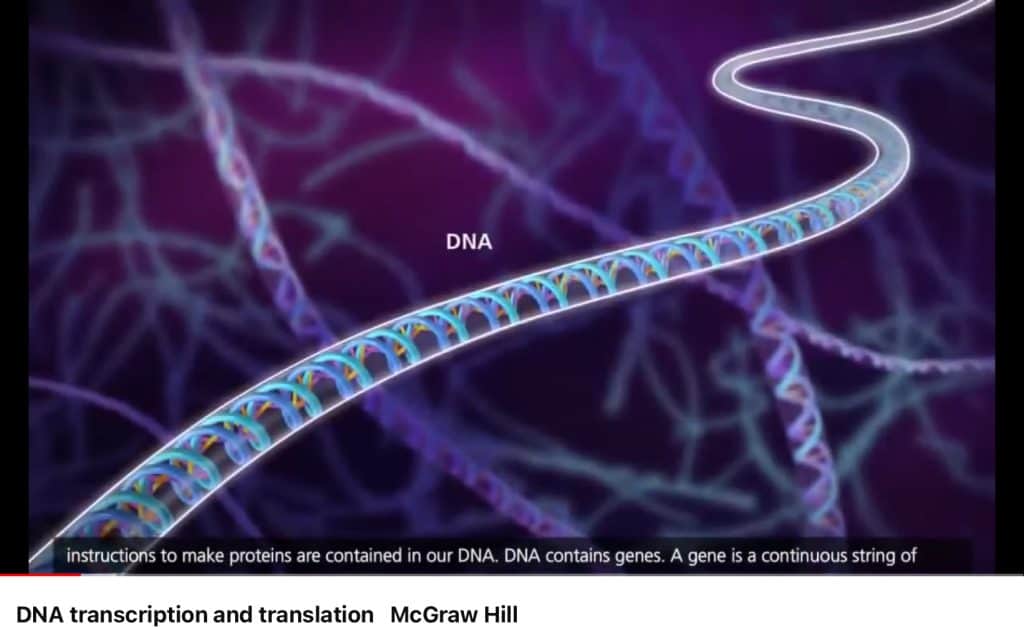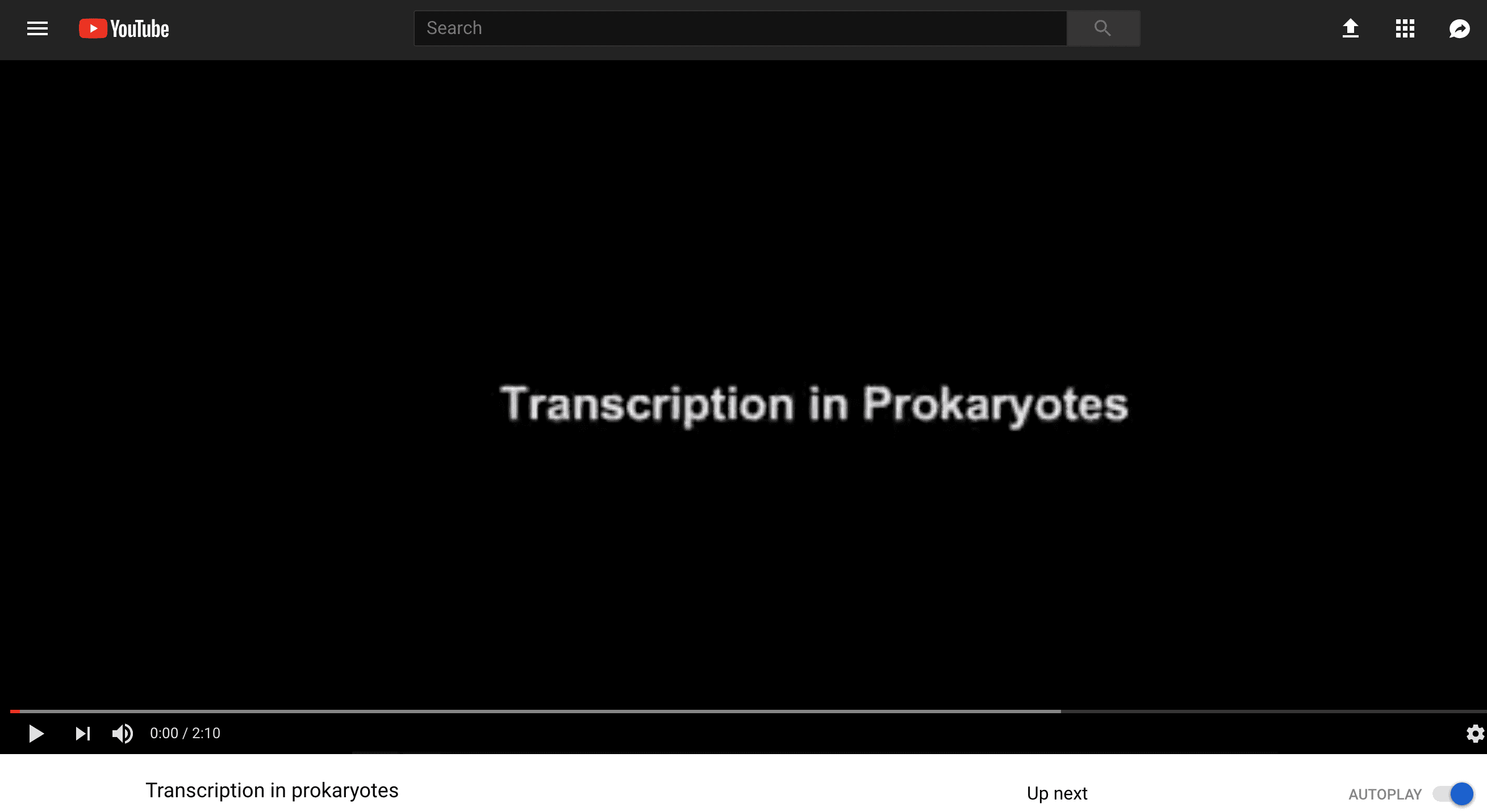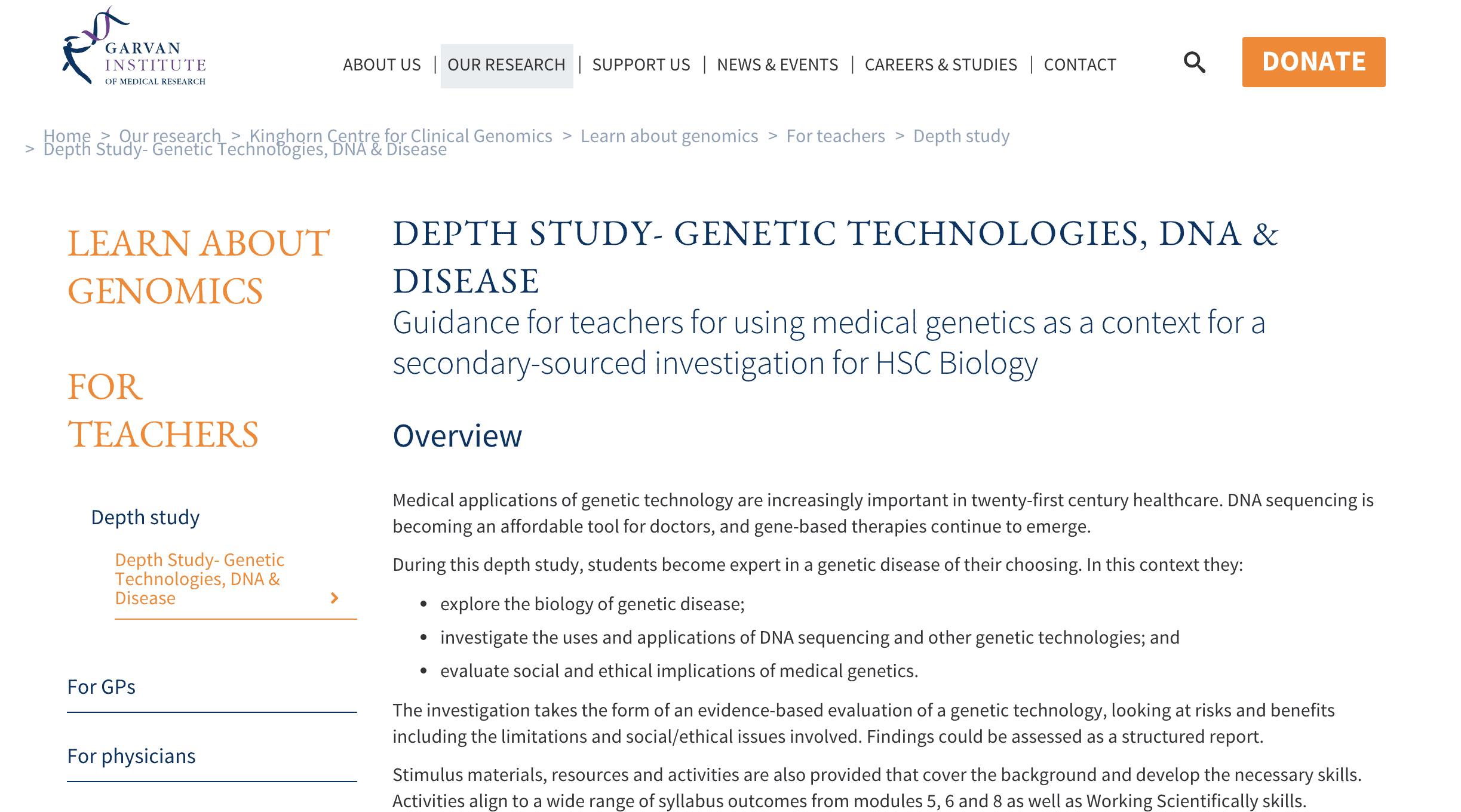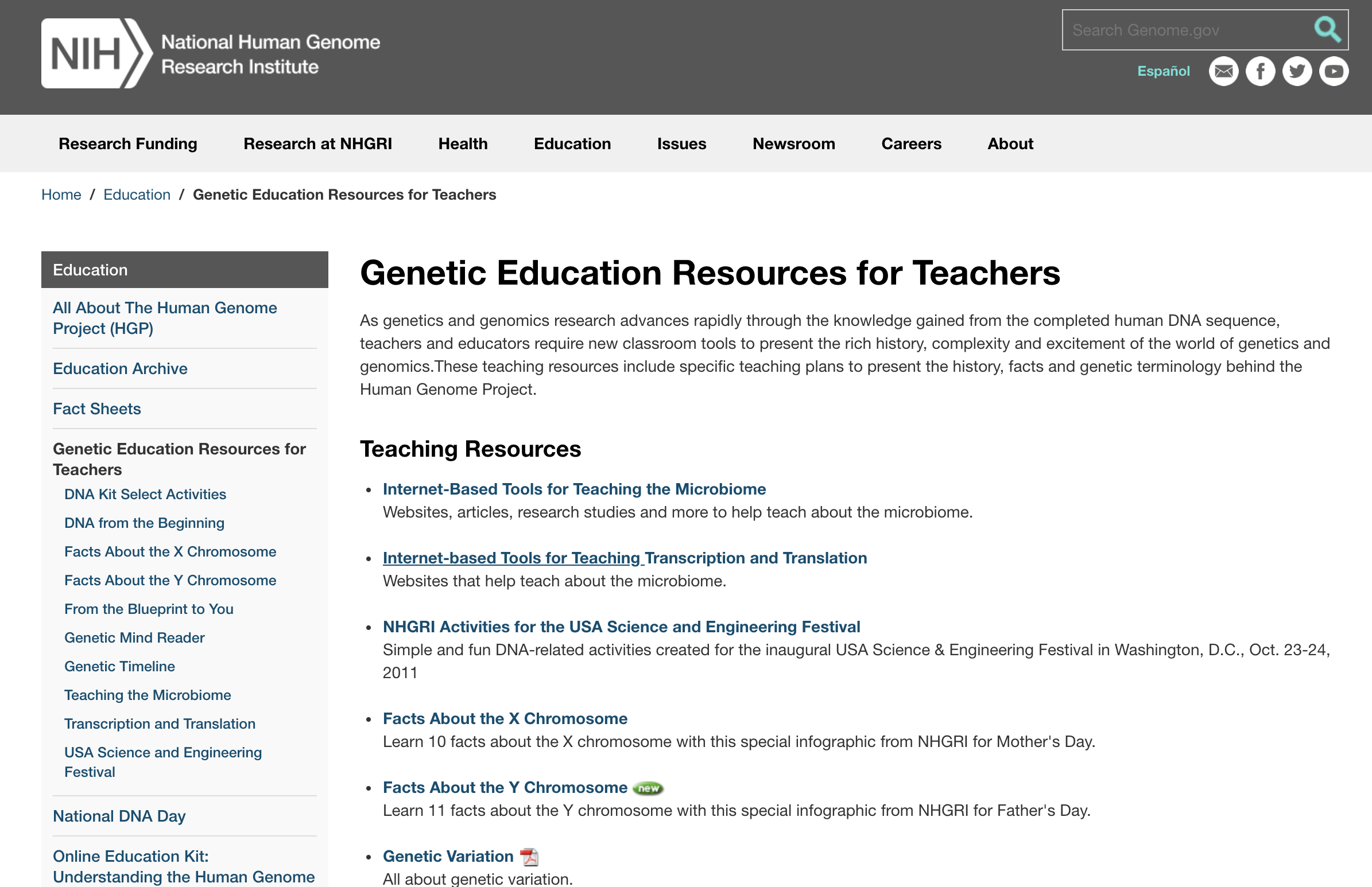HSC Biology Module 5: Heredity and the start of Year 12 Biology is a sharp twist towards genetics and more complex ideas about health and disease.
A Guide to Biology Module 5: Heredity provides you with a breakdown of topics, assessments and skills so that you can ace Module 5 and get that Band 6.
Without further ado, let’s get into it!
How is Year 12 Biology different to Year 11?
Introducing HSC Biology Module 5: Heredity
Topic 1: Reproduction
Topic 2: Cell Replication
Topic 3: DNA and Polypeptide Synthesis
Topic 4: Genetic Variation
Topic 5: Inheritance Patterns in a Population
How to Get a Band 6 in HSC Biology Module 5: Heredity
How is Year 12 Biology different to Year 11 Biology?
In a nutshell, the Year 11 course helps build a strong foundation of Biological concepts, on which you build new knowledge upon in Year 12.
Basically the content you learn in Year 11 helps you understand the concepts that you’ll come across in Year 12. It’s hard to learn about the DNA inside a nucleus if you don’t understand what a nucleus is within a cell.
| Year 11 – foundation | Year 12 – building on concepts |
| How organisms function at the cell level, including biochemical processes and cell activities | How organisms function at the genetic level, including DNA, mechanisms of inheritance |
| Adaptations of organisms to the environment, evolution and biological diversity | Natural genetic change and induced genetic change |
| Learning to survive ecosystems in face of abiotic and biotic struggles | Learning to survive in face of disease, and technologies and methods to assist in disease treatment |
Introducing HSC Biology Module 5: Heredity
A great place to start is the Content Focus straight from the syllabus.
This module covers a lot of essential aspects of genetics. You’ll be covering the genetics of both plants and animals and how understanding of genetics applies to processes in the real world.
The topics include:
- Reproduction
- Cell Replication
- DNA and Polypeptide synthesis
- Genetic Variation
- Inheritance Patterns in a Population
If you’re looking for some learning resources for these topics, make sure you check out HSC Together which has FREE video resources on every single HSC Biology dot point so that you can grasp concepts and revise effectively!
Otherwise, let’s jump in!
Topic 1: Reproduction
Inquiry question: How does reproduction ensure the continuity of a species?
The method of passing down genetic information depends on the organism. You might be familiar with sexual and asexual reproduction, but there is also binary fission and heaps of subcategories.
Imagine if people reproduced by splitting in half? It’d be a strange world, but bacteria do it all the time:
For thousands of years, humans have highjacked the reproductive system in agriculture.
You’ll be learning about selecting the best feature that gave cows more meat (artificial insemination), made roses unable to breed naturally (artificial pollination) and made mice glow in the dark (genetic engineering of transgenic species).
While that last example isn’t agricultural, it’s still cool to see (yes that’s a glow in the dark mouse!):
Topic 2: Cell Replication
Inquiry question: How important is it for genetic material to be replicated exactly?
Not only will you learn about the process of mitosis and meiosis, you’ll be learning how these systems maintain their integrity. DNA replication is a great showcase of the complexity of biochemical reactions. This process isn’t perfect which is great because this is how people were able to evolve, but it’s also the reason why we get cancer (we’ll get to this topic in Module 8).
A great way to learn about the process of mitosis and meiosis is to compare and contrast them in a table or draw out the process side-by-side. You could say that meiosis is just mitosis x 2, but you could also say that it’s own intricate process that allows people to be variable.
YourGenome gives us a great table on mitosis versus meiosis:
Pearson Education Biology Textbook also gives us a great resource:
Topic 3: DNA and Polypeptide Synthesis
Inquiry question: Why is polypeptide synthesis important?
You are your proteins. Who does the grunt work of digesting your food? Proteins. Who carries oxygen around your body? Proteins. What keeps your brain up and running? You guessed it—proteins.
The central dogma of biology is that DNA replicates, is transcribed into RNA and translated into proteins!
That first flow of information from DNA to RNA is called transcription. You are making photocopies (RNA) of the manual (DNA). That second flow of information from RNA to proteins is called translation where you are making a house (protein) from the photocopies (RNA).
Transcription and translation aren’t just concepts but moving processes that are constantly occurring in your body.
To understand it, you have to see it happen:
Prokaryotes and eukaryotes have different metabolic and structural requirements, so their protein synthesis is going to be completely different from ours. You can think of humans as having a complex, highly regulated system of transcription and translation, but bacteria take it a lot easier and use their mRNA as it’s made.
Check out prokaryote transcription in this video:
Topic 4: Genetic Variation
Inquiry question: How can the genetic similarities and differences within and between species be compared?
Genetic variation can come from meiosis or from outside reproduction process.
In this topic, you’ll be modelling what happens to the genes of an organism when meiosis happens. Variations come from crossing over of homologous chromosomes, fertilisation and mutations.
Not all genes have the same ‘impact’ on an organism. They can be autosomal, sex-linked, co-dominant, incomplete dominant or have multiple alleles. To understand what happens in this process, we use Punnett squares and pedigrees.
A mutation that is found in >1% of the population (enough people have the variation for the gene to be a mutation). By looking at trends in data, we can find single nucleotide polymorphisms (SNPs, pronounced ‘SNIPs’).
These terms may not be familiar to you now, so it’s a good idea to make a word back for this topic!
Want to make sure you’ve mastered Module 5? Bookmark our Master List of HSC Biology Past Papers to test yourself!
Topic 5: Inheritance Patterns in a Population
Inquiry question: Can population genetic patterns be predicted with any accuracy?
A new addition to the module is the focus on DNA sequencing and profiling. Never has it been so easy or cheap to sequence a genome. An example of a depth study in this module can be found later on in the blog.
You’ll also be investigating data analysis. Numbers or quantification of experiments are critical to turning data from an experiment into something useful. You’ll be looking at genetics by looking at large-scale collaborative projects, or simply just data from a wide range of people. What can you find from these studies? You can find out what mutations a lot of people seem to have, how disease is inherited and patterns in DNA.
How to Get a Band 6 in HSC Biology Module 5: Heredity
Tip #1: Take an Interest in Your Depth Study
In HSC Biology you’re going to have to complete a depth study! This is an awesome chance for you to dig your teeth into a topic that interests you, and to get a sense of what university level Science is like!
If you’re totally unclear on what the Depth Study is and what you need to be doing, check out our awesome article on Depth Studies!
If you’re starting to think about what topic you’re going to look into for your Depth Study, The Garvan Institute of Medical Research, a prestigious institution that tackles issues such as cancer, diabetes, obesity and other major diseases gives us a great guide to some topics of depth studies.
Check it out on their website!
Tip #2: Visualise Processes
For processes, a couple videos or a diagram should tell you more than words could. For comparisons, for example, between prokaryotic and eukaryotic DNA replication, you can use a table.
Don’t underestimate the power of a good video!
A site we recommend is from the National Human Genome Research Institute. It covers Transcription and Translation, genetic variation, cloning, heredity and much, much more!
Tip #3: Complete Past Papers
Practicing answering questions is a great way to test your understanding of a topic. It’s one thing to understand a concept, or memorise a video, and it’s another to explain it using scientific terminology.
If you need some practice papers and questions, check out the NESA Past Biology Papers Master List and module-specific practice questions!
In conclusion…
Some key processes for HSC Biology Module 5: Heredity that you should definitely get down pat are:
- DNA replication
- Cell replication (meiosis/mitosis)
- Recessive/dominance
- Reproduction
- Transcription and Translation
- Mutations
Keep in mind that even just 5 minutes of study is better than none. You have plenty of time to learn concepts, so take it one step at a time.
Good luck for your studies with HSC Biology Module 5: Heredity!
Wondering where you can find guides to other HSC Biology Modules?
Check out other modules we’ve created guides for below:
- HSC Biology Module 6: Genetic Change
- HSC Biology Module 7: Infectious Disease
- HSC Biology Module 8: Non-Infectious Disease and Disorders
Looking for some extra help with HSC Biology?
We have an incredible team of Sydney HSC Biology tutors and mentors who are new HSC syllabus experts!
We can help you master the HSC Biology syllabus and ace your upcoming HSC Biology assessments with personalised lessons conducted one-on-one in your home or at our state of the art campus in Hornsby!
We’ve supported over 8,000 students over the last 11 years, and on average our students score mark improvements of over 20%!
To find out more and get started with an inspirational HSC Biology tutor and mentor, get in touch today or give us a ring on 1300 267 888!

